Wait, Are Essential Oils a Shortcut?
You just had surgery. The incision is neat, maybe itchy…kind of sore. Your aunt, or maybe your yoga instructor, tells you, “Just dab some lavender oil on it!” Simple, right? But, honestly, can i put essential oil on a insision without messing things up? We’re not just talking smoothing wrinkles here—this is your body healing itself.
Let’s set the record: essential oils are everywhere right now, and not just in tiny glass bottles at the health food store. They’re on TikTok, in your bath bombs, even—believe it or not—sometimes recommended by health pros. Personally, I used to roll my eyes at “natural remedies”…but then my best friend’s mom swore by frankincense for her scar, and suddenly, I had questions. If you’ve ever wondered if nature’s droplets are secret healers or just wishful thinking, buckle up. This is for you.

So…Why Do We Want Oils After Surgery?
Can Nature Help Wounds Heal?
Okay, story time. My cousin Linda? She’s a total essential oil convert. Last year, she sliced her palm while cooking and—before you could say “band-aid”—she reached for tea tree oil. She swears it helped. For surgical wounds, things are a bit different…
Why do people even want to use oils on fresh incisions? We crave control. A way to help our bodies recover, reduce swelling, beat bacteria, and maybe even prevent those angry red scars. Oils sound perfect for this, especially since lavender, tea tree, frankincense, and others are famous for their anti-inflammatory and antimicrobial skills. Like a garden-powered Neosporin, in theory.
What About Real Science—Not Just Stories?
Don’t just take my cousin’s word. There’s actually decent research on these oils. A 2022 review (see the PubMed summary) found essential oils might help with healing and infection control after surgery. Some wound dressing experiments (detailed here) even show oils like mint, pine, and thyme can kill bacteria such as Staph and E. coli…on petri dishes, at least.
But—and this is big—the same scientists agree: results in a petri dish are not the same as in your body. In fact, dermatologists and wound clinics stress: don’t just slather oils on open wounds. Want the deep dive on which oils may support healing scars? Bookmark Essential oils for wound healing after surgery for their full breakdown.
Table: Oils on Incisions—The Big Picture
| Oil | Main Claim | What the Research Says | Safe on Open Incision? |
|---|---|---|---|
| Lavender | Reduces pain, speeds healing | Good study results; animal and human skin models | Only after incision has closed* |
| Tea Tree | Kills bacteria | Strong antimicrobial (lab proof), but can irritate skin | No, too harsh when fresh |
| Frankincense | Reduces inflammation | May help skin turnover; soothing | With doctor’s OK, on healed skin |
| Helichrysum | Aids scar reduction | Promotes gentle cell growth, but limited direct data | Better for mature scars |
*See the pattern here? Oils are friendly to healing skin, not raw wounds or stitches.
Are There Hidden Risks?
So Is It Ever “Safe” to Use Oils on a Fresh Incision?
Short answer: Not usually. An uncomfortable truth—one that essential oil marketers might “forget” to mention. Turns out, our skin after surgery isn’t just a normal patch of skin. It’s tender, vulnerable, and open to infection.
Multiple dermatologists and surgeons (see expert advice here) warn about direct, undiluted application. In fact, many popular oils (citrus, clove, peppermint!) can even burn or delay healing.
Plus, according to a deep dive on Healthline and wound care specialists, even diluted oils can be risky on open incisions. They might trigger irritation, rashes, or—ironically—worsen scarring.
So, can i put essential oil on a insision just because it’s “natural”? Not without knowing the risks. If you’re desperate to use anything on your healing wound…wait until it’s sealed and stable. Then, focus on scar management, not the raw incision.
Does “Natural” = “Safe”? (Spoiler: Nope)
Have you ever noticed how “natural” gets thrown around like a get-out-of-jail-free card? I’ve fallen for it too. But let’s get real: arsenic is natural. Hemlock is natural. Would you rub poison ivy oil on your stomach scar? Exactly.
Essential oils are super concentrated. Imagine squeezing the oil from an entire field of lavender into that tiny blue bottle. That’s a chemical cocktail—pure and strong. Some oils can thin your blood, mess with wound clotting, or even react with pain meds (according to this plastic surgery guide).
Bottom line: Consult your doc—yes, even the one who looks at you funny when you bring your “hippie oils.” Your health deserves it.
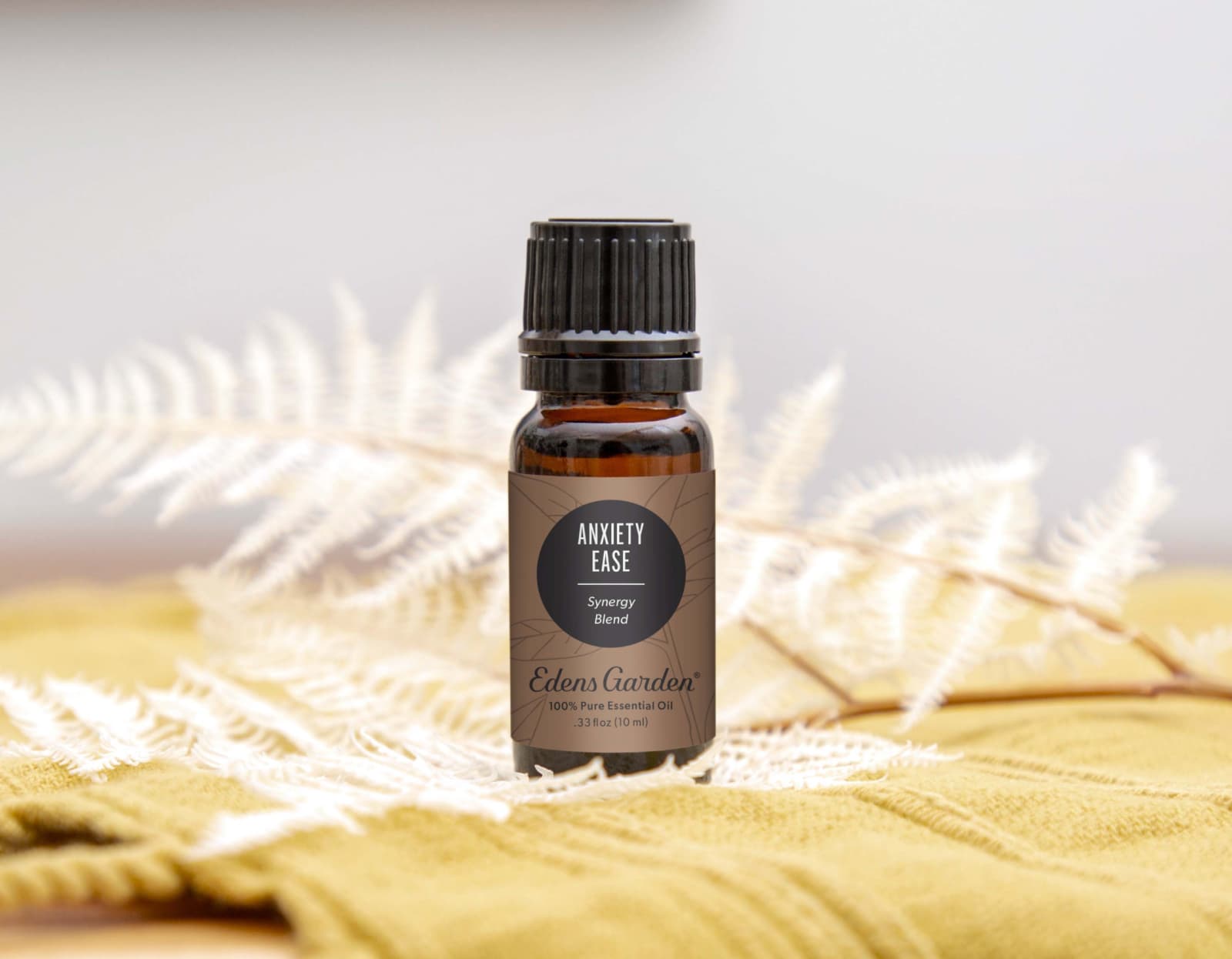
Okay, But How Can Oils Help…Safely?
If Not on My Wound, Where?
Here’s the good news. Essential oils still play a helpful role in your recovery toolbox—they just aren’t miracle creams for open wounds. A lot of surgery patients (and anxious friends like me) use oils for emotional healing and rest.
- Diffuse lavender, bergamot, or chamomile for stress relief.
- Place a drop of frankincense on your pillow for peaceful sleep (and fewer panicky post-op dreams).
- Once your incision is fully closed—scar phase!—Best scar oil after surgery blends may help soften and fade the line, with your doctor’s blessing.
I know someone who used a lavender blend in her diffuser during those anxious first nights home from the hospital. She swears it beat prescription anxiety meds for calming her mind (no shame in both, honestly!).
How to Use Oils for Scars…Not Stitches
Once you’re healed (really healed—no scabs, no oozing, no heat or pain), you can gently massage a diluted oil blend over the skin. Here’s how I learned to do it from a wound therapist:
- Mix 2 drops of your favorite oil into a teaspoon of plain carrier oil (like coconut or sweet almond).
- Do a tiny patch test on the inside of your forearm. Wait 48 hours.
- If no redness/itching, massage gently along the scar tissue in small circles, once a day.
- Patience: true fading can take weeks—sometimes months.
Curious about which natural blends are gentlest? Check out Essential oils for wound healing after surgery and Best scar oil after surgery for simple, safe recipes and more details.
But Everyone Knows Someone…
The Anecdote Trap: Real Stories, Real Risks
I get it. Some of you are reading this and rolling your eyes. “But my neighbor’s sister healed her c-section scar with tea tree oil and coconut!” Sure—sometimes luck (and maybe youth?) wins the day. But for every story like that, there’s one about a bright red, angry rash, or a wound infection that needed extra antibiotics.
True confession: I once tried a DIY oil mix on an old bike scrape. Stung like crazy! Was totally fine once it scabbed… but would I risk that on a deep post-surgery incision? No way.
This isn’t to discount the happy tales—just to remind us that what works fine for a papercut may be a bad idea for stitches still holding you together.

Quick Dos and Don’ts Recap
- Do use essential oils for gentle scent therapy after surgery, if it helps you relax.
- Do explore diluted blends for scar massage after your doctor clears you for it.
- Don’t apply undiluted or even diluted oils to an open, fresh, or unhealed surgical incision—period.
- Do check with your doctor first, especially if you’re on medications or have sensitive skin.
The Healing Journey—No Magic Shortcuts
If Oils Won’t Magically Heal the Incision, What’s the Best Approach?
There’s a reason that wound care nurses and surgeons still prefer basic saline, plain untouched skin, and gentle bandages for the first couple weeks post-op. Healing is about letting your body do its quiet work: clotting, knitting tissue, rebuilding layers. Oils might help your mood during that process, and—later on—could soften and soothe scars
Once the incision has closed, you can revisit your favorite blends. That’s when Best scar oil after surgery steps into its real spotlight. Hydration, massage, and gentle movement all team up to make scars less bumpy and visible. But remember: patience is the real secret ingredient. Nobody wants a thick, raised scar, but nobody wants an angry infection, either.
Think of the first weeks after surgery like tuning a violin: small changes, gentle hands, nothing too strong. Save the crescendo for later—when your skin’s ready for the show.
Wrapping Up: Your Healing, Your Call
I get it—we all want a shortcut, a secret hack to heal up faster or skip the scar. But the best bet for most of us? Honor what your body knows how to do. Don’t gamble with your health for shortcuts that aren’t proven, no matter how cool those Instagram posts look.
If you’re eager for faster healing or dream of a barely-there scar, collaborate with your doctor. Use essential oils for what they’re truly awesome at—calming, soothing, and making those long nights a little cozier. And if you’re at the scar stage? Add in the gentle, slow magic of essential oils for wound healing after surgery and best scar oil after surgery as you massage, hydrate, and let your skin reveal its resilience.
So, can i put essential oil on a insision? Only when the time is absolutely right, when you’ve double-checked with a real human expert, and your skin has told you, “I’m ready.” Wounds heal better with science, patience, and care—not just “natural” magic. You’ve got this…one gentle step at a time. So—what’s your healing ritual? Have you used oils on scars? Drop a comment, share your story, or just reach out. We’re in this big, messy, beautiful healing journey together.

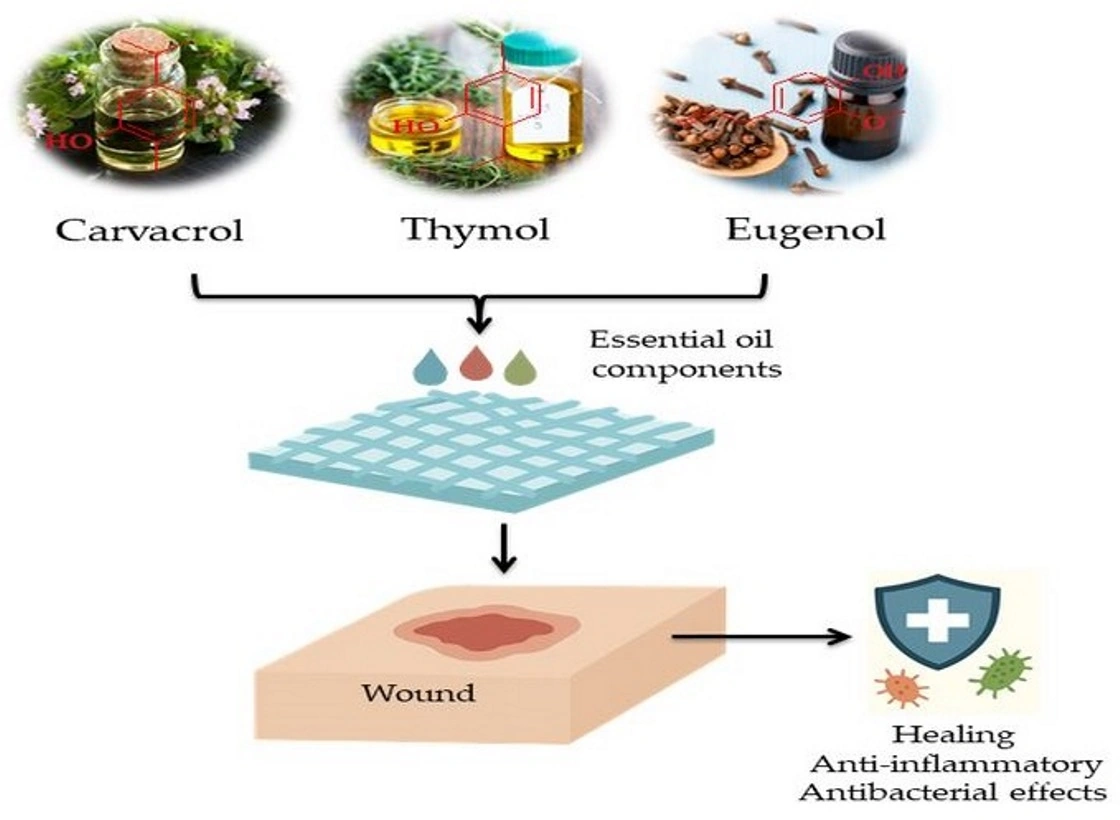






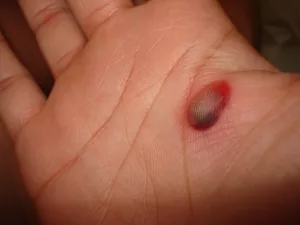
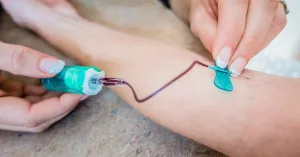













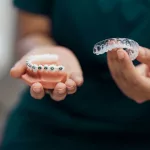

Leave a Reply
You must be logged in to post a comment.